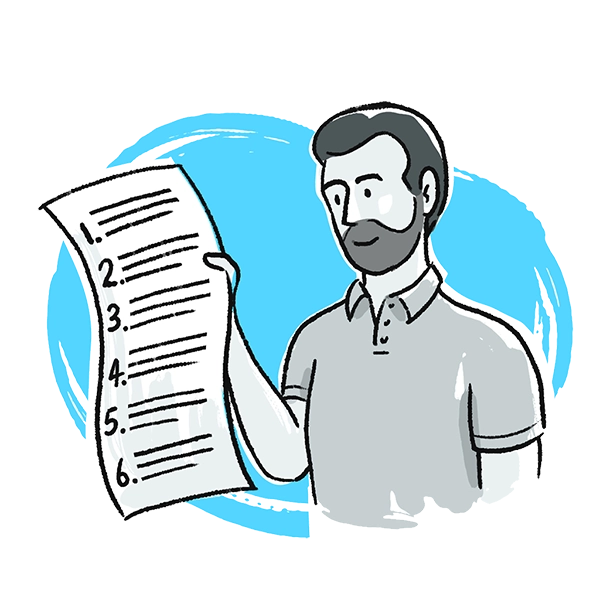Part 2
Can I avoid paying inheritance tax?
There are several ways to get out of paying some or all inheritance tax if your estate is worth over £325,000.
First, the inheritance tax threshold does not apply between spouses and civil partners who live together. Therefore, if your loved one left their estate to their spouse or civil partner, no inheritance tax will be owed on the estate, even if it above the £325,000 allowance. On top of this, they will inherit the deceased’s unused inheritance tax allowance, meaning that the inheritance tax threshold on that estate will be doubled to £650,000.
Alternatively, if your loved one left property to their children, stepchildren, or grandchildren, an extra £175,000 will be added to their inheritance tax allowance. This means that their inheritance tax allowance for the year 2020/21 will be increased to £500,000.
Finally, a way to pay less inheritance tax is to leave 10% of the estate to charity. If you leave 10% of your estate to charity, the inheritance tax rate will be lowered to 36% from 40%. Of course, this means you will lose 46% of the estate in total, but if you are considering leaving money to charity in your will anyway, it is a good idea to leave 10% so that your inheritance tax rate is reduced.




